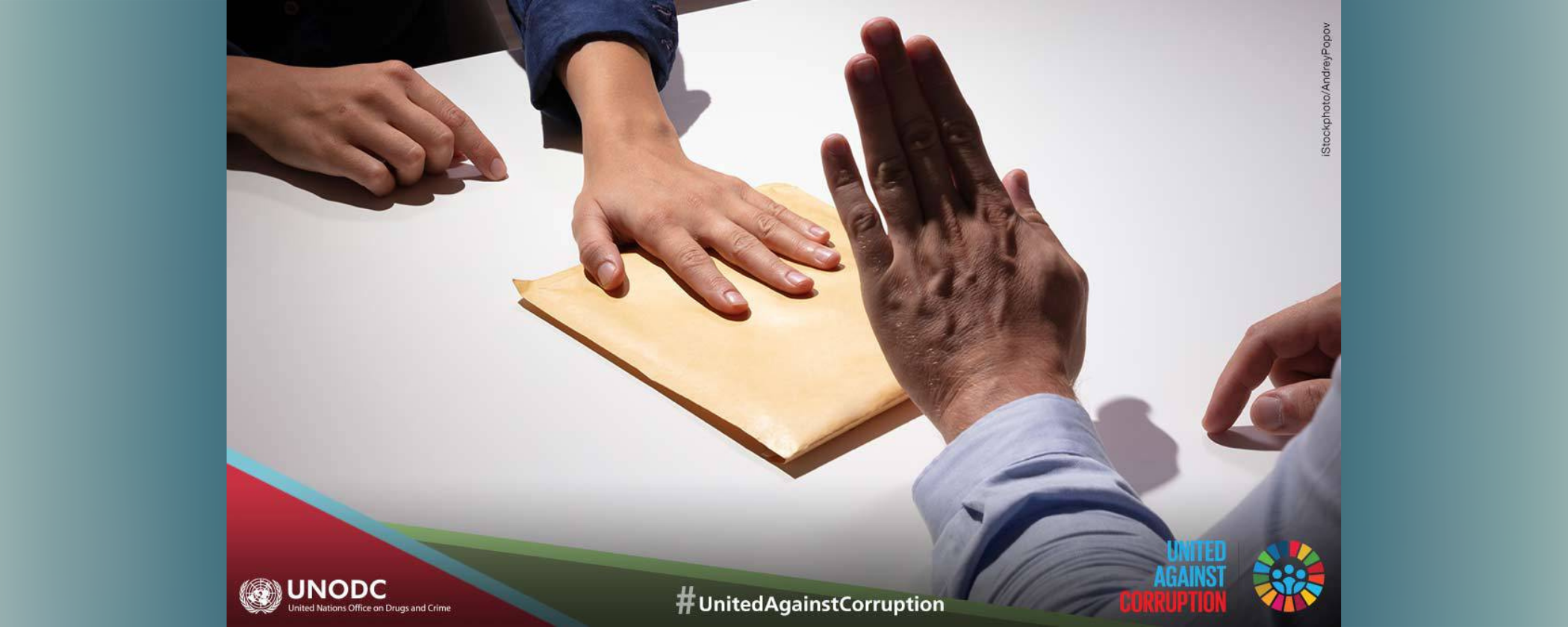
A unique feature of the Convention in comparison to other international instruments, including the Organized Crime Convention, is that, according to article 46, subparagraphs 3 (j) and (k), mutual legal assistance is to be afforded for the identification, tracing, freezing and recovery of proceeds of crime for the purpose of returning them to their legitimate owners, in accordance with chapter V of the Convention (Asset recovery).
UNODC's work in the area of asset recovery aims at encouraging and facilitating systematic and timely return of assets stolen through acts of corruption, under the framework of the Convention.
Together with the World Bank Group, UNODC has established an innovative partnership, the Stolen Asset Recovery (StAR) Initiative. StAR supports international efforts to end safe havens for corrupt funds. StAR works with developing countries and financial centers to prevent the laundering of the proceeds of corruption and to facilitate more systematic and timely return of stolen assets.
The management of frozen, seized and confiscated assets pending return or final disposal is an important aspect of successful anti-corruption enforcement measures and an important step for the successful recovery and disposal of stolen assets. Article 31, paragraph 3, of the United Nations Convention against Corruption requires States Parties to adopt, in accordance with their domestic law, such legislative and other measures as may be necessary to regulate the administration by the competent authorities of frozen, seized or confiscated property.
In 2017, UNODC published a study entitled Effective Management and Disposal of Seized and Confiscated Assets which presents the experience of 64 countries in the management and disposal of seized and confiscated assets. In addition, UNODC is working on the development of non-binding guidelines on the management of frozen, seized and confiscated assets.
Find further information on UNODC’s work in this regard here.
Through the United Nations Convention against Corruption (UNCAC), States Parties have for the first time agreed on a comprehensive set of rules governing asset recovery. Chapter V of the Convention establishes:
“The return of assets […] is a fundamental principle of this Convention, and States Parties shall afford one another the widest measure of cooperation and assistance in this regard.” (article 51)
The Convention also establishes for the first time that proceeds of embezzlement should be returned to the country of origin upon confiscation, whereas for the proceeds of other offences, a differentiating regime has been adopted taking into account damages, prior ownership and victims (article 57).
Based on these obligations and commitments, UNODC, also through the Stolen Asset Recovery (StAR) Initiative, works with States Parties to build their capacity to successfully identify and freeze or seize assets, obtain confiscation orders and return the assets to the requesting States in accordance with the Convention.
Co-hosted by the Governments of Ethiopia and Switzerland, the Addis process brings together asset recovery practitioners and Financing for Development experts from around the globe to discuss innovative solutions around asset management, asset return and the use of returned assets for sustainable development. Experts discuss best practices and challenges associated with asset return and look at specific cases in order to better understand the various components and legal frameworks that contribute in this process.
Thus far there has been Addis I and Addis II in this process.
StAR has produced a number of important publications on asset recovery topics, including analytical studies and guidance for practitioners, which are compiled in its Resource Library. See in particular for:
A number of multilateral agreements/arrangements have been concluded that provide obligations for States to cooperate with one another in the area of asset recovery. Relevant StAR publications include: